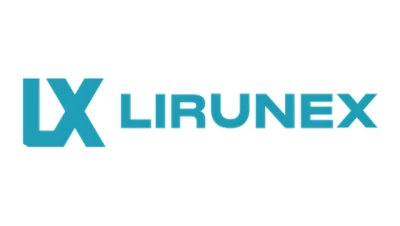
LIRUNEX is a global forex and CFD broker launched around 2016–2017, regulated primarily by authorities such as CySEC (Cyprus) and Labuan FSA (Malaysia), alongside offshore entities in Maldives and the Marshall Islands.
The broker offers diverse account types, including LX-Standard, LX-Prime, LX-Pro, Cent, and Islamic accounts, with minimum deposits starting from $25 (Standard/Cent) or typically $100–$300 (Prime/Pro). Leverage can be as high as 1:2000, though a standard offering around 1:500 is more common.
Trading instruments include forex pairs (major/minor), metals, energies, stock CFDs, indices, and cryptocurrencies, totaling more than 120–140 assets.
Supported trading platforms are MetaTrader 4 & MetaTrader 5 (available on desktop, web, and mobile apps), and a proprietary WebTrader app developed in partnership with TradingView, featuring advanced charting, economic calendar, real-time notifications, and copy-trading functionality.
Depending on the account type, spreads may be fixed (approximately 1.5 pips on Standard/Cent accounts) or floating from 0.0 pips on Prime/Pro accounts, with commissions ranging from $4–8 per lot.
LIRUNEX supports various trading strategies, including scalping, hedging, EA (Expert Advisor), algorithmic trading, copy trading, and PAMM/MAM account management.
Clients’ funds are safeguarded in segregated accounts, alongside providing negative balance protection for retail accounts.
Pros:
Cons/Risks: